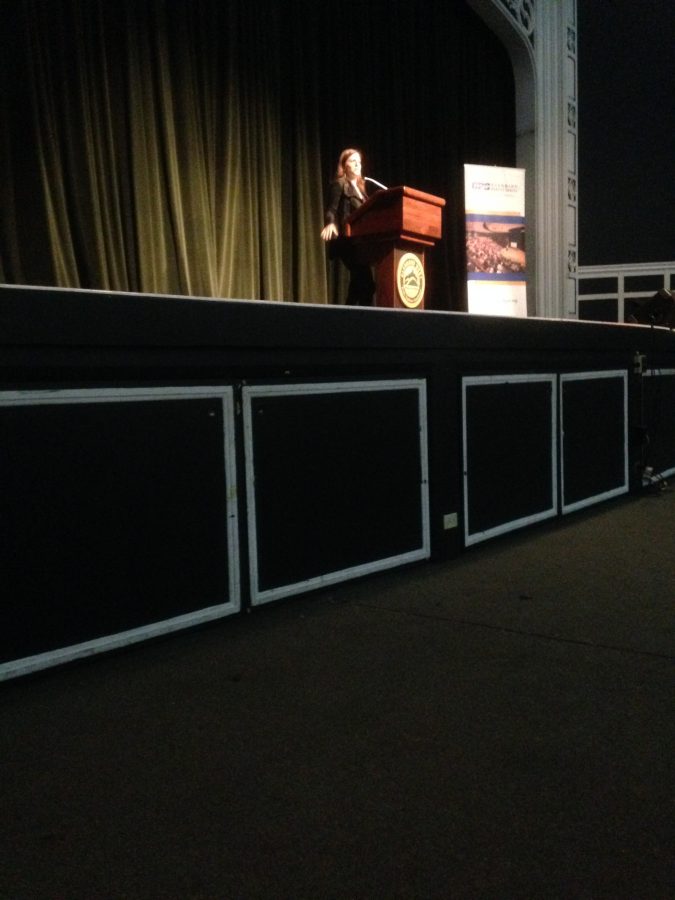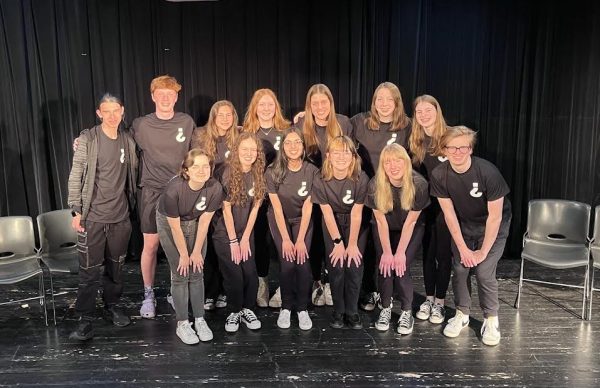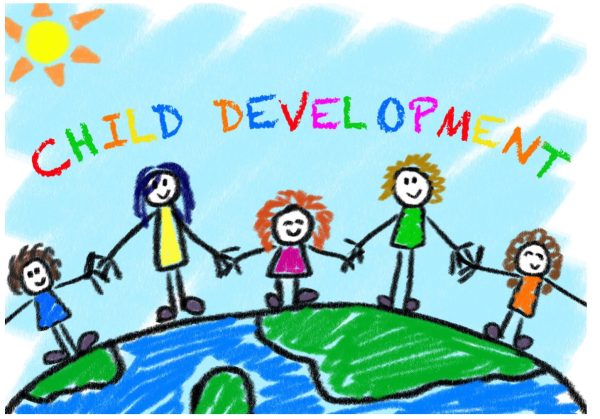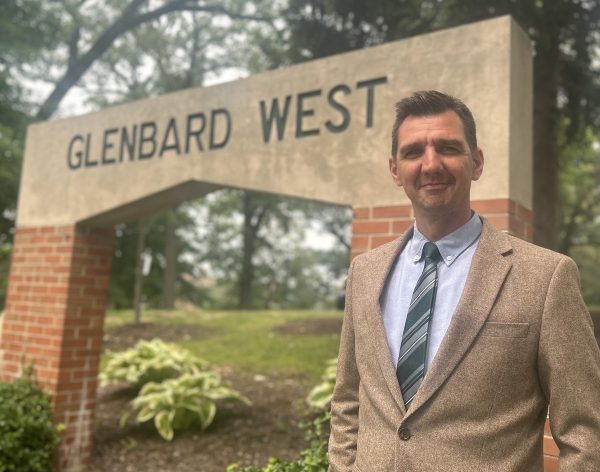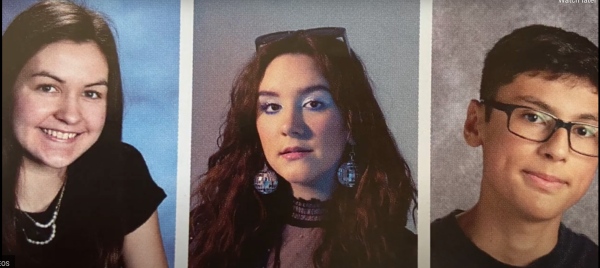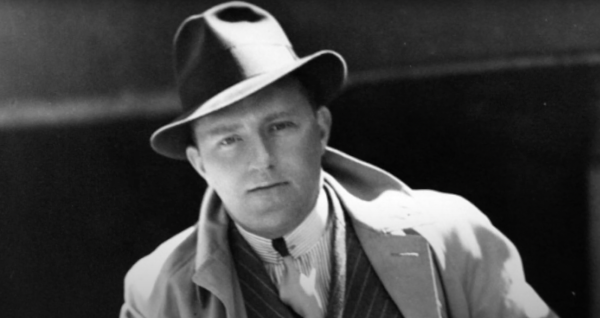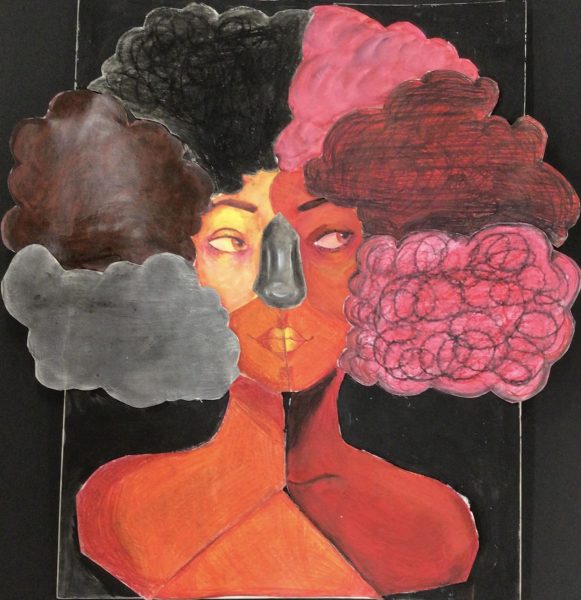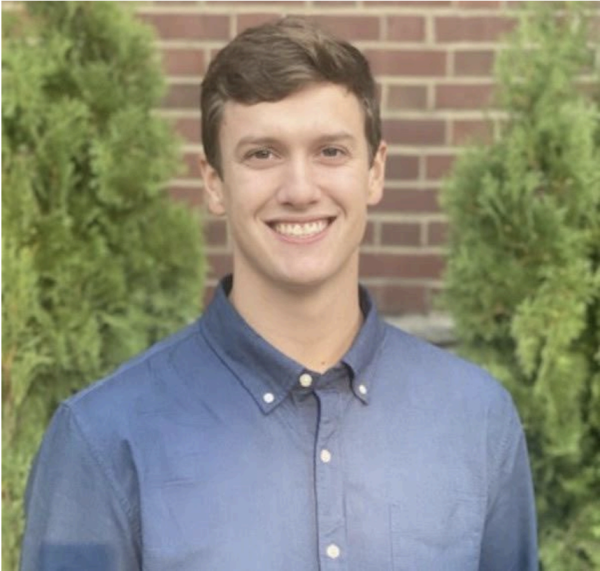Rebecca Skloot Explores Science, History in Writing
As part of the Glenbard Parent Series, Rebecca Skloot discussed writing, her book, and more.
In 1951, the cells of a woman named Henrietta Lacks were used for research purposes without her permission. These cells went on to be the first “immortal” cells that continued to grow in quantity and have been used in countless medical advances ever since. However, for years afterward her family was unaware of the cells’ very existence and had not received any compensation for their usage. In her book The Immortal Life of Henrietta Lacks, Rebecca Skloot explores the history both of Henrietta Lacks and of her immortal “HeLa” cells.
Rebecca Skloot was initially interested in studying Henrietta Lacks after the woman was mentioned in a biology class Skloot was enrolled in. The class was studying HeLa cells, but almost nothing could be taught about Henrietta herself because not much was widely known about the woman from whom the cells originated. Skloot set out to learn more about her and in the process became acquainted with Henrietta’s surviving family members, who had experienced their own shares of troubles and tribulations from scientists regarding Henrietta’s cells. Together with Henrietta’s daughter Deborah, Skloot investigated the origins of the HeLa cells and the impact they have had on both Henrietta’s legacy and on the lives of her descendants.
Rebecca Skloot recently spoke at Glenbard West as a part of the Glenbard Parent Series. She discussed the book and the process of writing it at length in her presentation. When Skloot had initially begun to research the book, the Lacks family was reluctant to meet with her, having experienced previous exploitation at the hands of those wanting to know more about Henrietta and her cells. However, after having eventually earned the trust of the family, especially Henrietta’s daughter Deborah, Skloot spent years learning about both Henrietta’s background from a rural farming community to a factory town as well as the details of Henrietta’s illness and the research that surrounded it and her cells. A large part of the novel is devoted to Henrietta’s surviving family and descendants and their experiences as a result of the usage and fame of Henrietta’s cells, exploring both how they’ve been engaged with by scientists and how they’ve failed to benefit from the large amount of money being generated by Henrietta’s cells.
In her presentation, Skloot also spoke of her initial interest in writing in general. For years, she had intended on being a veterinarian before taking a creative writing course in college, which sparked her interest in writing. A big idea for her was the idea of the “what?” moments in life, an idea of curiosity and asking questions to learn more about the world. This is a theme that has been explored in both her research and her writing of The Immortal Life of Henrietta Lacks as she takes a simple query about Henrietta’s origins and ended up discovering more about not only the woman herself, but about the dubious medical ethics involved, racism, and society as a whole for those without the resources that many of us take for granted today.
Near the end of her presentation, Skloot also mentioned the new book she is currently working on. The subject of the book is to be about the ethics involved in animal research. This is a subject that draws both upon Skloot’s prior interest in becoming a veterinarian as well as her expertise in finding answers to life’s questions. As she worked on research for this book, she was able to get in touch with and interview many scientists that would have likely mistrusted her motives and worried about how they would be portrayed had it not been for her work with The Immortal Life of Henrietta Lacks, in which information was presented in a largely unbiased and fair manner.
As Rebecca Skloot concluded her presentation, she encouraged the audience to explore their passions and never stop wondering about the world around them. If you are passionate and hardworking towards your goals, any discovery and achievement are possible.
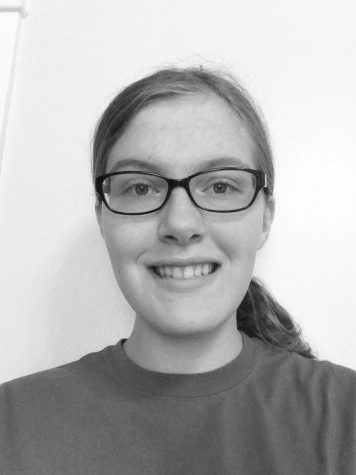
Hailey has written for The Glen Bard beginning in her freshman year. She occupied a role as an editor and a columnist for her sophomore and junior years....
